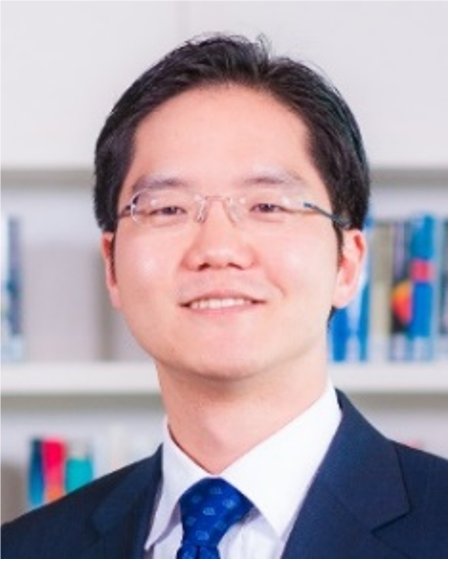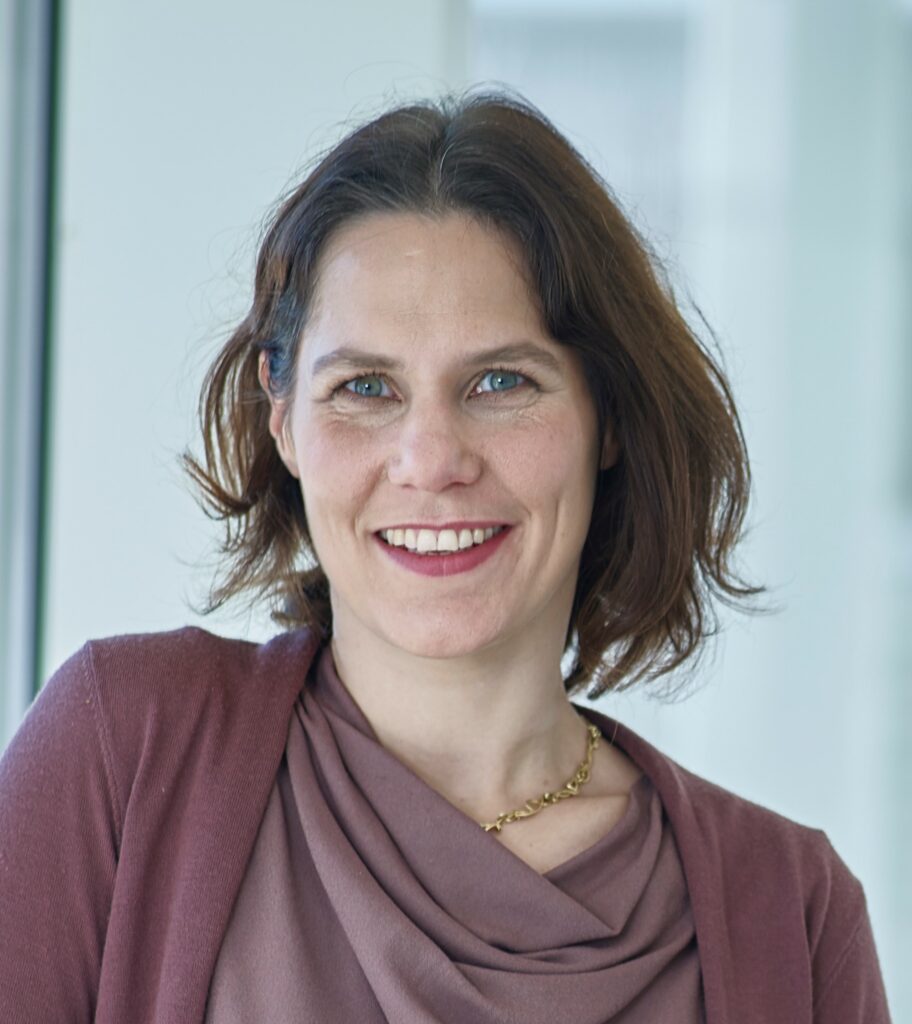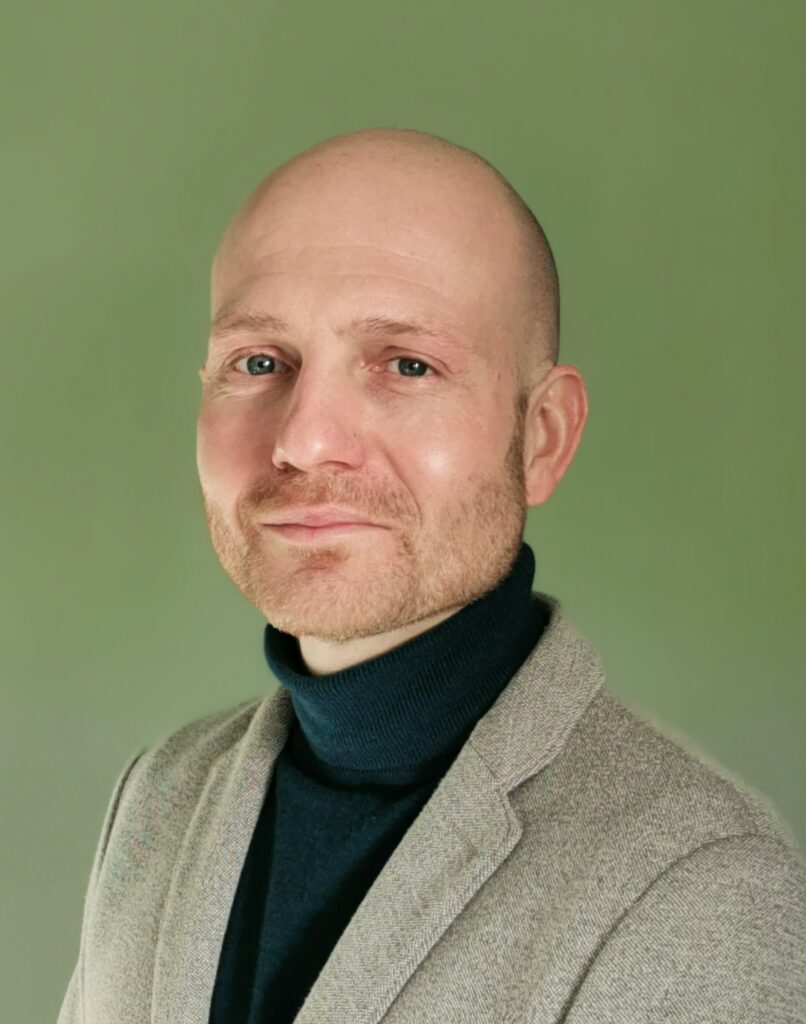Keynote Speaker (1)

Jerald Yoo
NSU, Dept. of Electrical and Computer Engineering, National University of Singapore, Singapore
June 14 (Monday) 12:00 (Central European Time)
Body Area Network – Connecting and Powering Things Together Around the Human Body
Abstract
Body Area Network (BAN) is an attractive means for continuous and pervasive health monitoring, providing connectivity and power to the sensors around the human body. Yet its unique and harsh environment gives circuit designers many challenges. As the human body absorbs the majority of RF energy around the GHz band, existing RF radio may not be ideal for communications between and on-body sensors, and so is the powering. To solve the issues, this talk presents the Body Coupled Communication (BCC)-based BAN. BCC BAN utilizes the human body itself as a communication medium, which has orders of magnitude less pathloss when compared to RF in the BAN environment. We will begin with channel characteristics followed by design considerations and transceiver implementation examples. We will then look into what circuit designers should consider in such non-conventional environments. Low energy circuit techniques to overcome their limitations will also be addressed. Lastly, we will discuss the various system aspects of the BAN, including powering up the wearables using the wearable BAN.
Biography
Jerald Yoo (S’05-M’10-SM’15) received the B.S., M.S., and Ph.D. degrees in the Department of Electrical Engineering from the Korea Advanced Institute of Science and Technology (KAIST), Daejeon, Korea, in 2002, 2007, and 2010, respectively. From 2010 to 2016, he was with the Department of Electrical Engineering and Computer Science, Masdar Institute, Abu Dhabi, United Arab Emirates, where he was an Associate Professor. From 2010 to 2011, he was also with the Microsystems Technology Laboratories (MTL), Massachusetts Institute of Technology (MIT) as a visiting scholar. Since 2017, he has been with the Department of Electrical and Computer Engineering, National University of Singapore, Singapore, where he is currently an Associate Professor. He has pioneered researches on low-energy body-area-network (BAN) transceivers and wearable body sensor networks using the planar-fashionable circuit board for a continuous health monitoring system. He authored book chapters in Biomedical CMOS ICs (Springer, 2010) and in Enabling the Internet of Things—From Circuits to Networks (Springer, 2017). His current research interests include low-energy circuit technology for wearable bio-signal sensors, flexible circuit board platform, BAN transceivers, ASIC for piezoelectric Micromachined Ultrasonic Transducers (pMUT) and System-on-Chip (SoC) design to system realization for wearable healthcare applications.
Dr. Yoo is an IEEE Circuits and Systems Society (CASS) Distinguished Lecturer (2019-2021). He also served as the IEEE Solid-State Circuits Society (SSCS) Distinguished Lecturer (2017-2018). He is the recipient or a co-recipient of several awards: the IEEE International Solid-State Circuit Conference (ISSCC) 2020 Demonstration Session Certificate of Recognition Award, the IEEE International Symposium on Circuits and Systems (ISCAS) 2015 Best Paper Award (BioCAS Track), ISCAS 2015 Runner-Up Best Student Paper Award, the Masdar Institute Best Research Award in 2015 and the IEEE Asian Solid-State Circuits Conference (A-SSCC) Outstanding Design Award (2005). He was the Founding Vice Chair of IEEE SSCS United Arab Emirates (UAE) Chapter, and is the Chair of SSCS Singapore Chapter. Currently, he serves as a Technical Program Committee Member of the IEEE ISSCC, ISSCC Student Research Preview (co-chair), IEEE Custom Integrated Circuits Conference (CICC, Emerging Technologies Subcommittee Chair), and IEEE Asian Solid-State Circuits Conference (A-SSCC, Emerging Technologies and Applications Subcommittee Chair). He is also an Analog Signal Processing Technical Committee Member of IEEE Circuits and Systems Society. He is a senior member of IEEE.
Keynote Speaker (2)

Marian Verhelst
June 15 (Tuesday) 12:00 (Central European Time)
KU Leuven – Dept. Electrical Engineering – MICAS, Leuven, Belgium
Exploiting AI in sensory devices
Abstract
Sensors are embedded more and more ubiquitously into our environment. It is however impossible to swallow all this sensory data in the cloud. This requires local processing of the sensor feed in the so-called “extreme edge” nodes. This is challenge for the local nodes, which only have limited processing, memory and energy resources. This talk will give an overview of different strategies across the system stack to enable and exploit AI processing in sensory devices, ranging from low precision compute, over efficient analog processing, to complete AI-controlled adaptive sensors.
Biography
Marian Verhelst is an associate professor at the MICAS laboratories of the EE Department of KU Leuven. Her research focuses on embedded machine learning, hardware accelerators, HW-algorithm co-design and low-power edge processing. Before that, she received a PhD from KU Leuven in 2008, was a visiting scholar at the BWRC of UC Berkeley in the summer of 2005, and worked as a research scientist at Intel Labs, Hillsboro OR from 2008 till 2011. Marian is a member of the DATE and ISSCC executive committees, is TPC co-chair of AICAS2020 and tinyML2021, and TPC member VLSI and ESSCIRC. Marian is an SSCS Distinguished Lecturer, was a member of the Young Academy of Belgium, an associate editor for TVLSI, TCAS-II and JSSC and a member of the STEM advisory committee to the Flemish Government. Marian currently holds a prestigious ERC Starting Grant from the European Union and was the laureate of the Royal Academy of Belgium in 2016.
Keynote Speaker (3)

Joris Van Driessche
June 16 (Wednesday) 12:00 (Central European Time)
IMEC vzw, Program Manager, Leuven, Belgium
Technologies towards next-generation sub-THz wireless communications
Abstract
With 5G in full deployment, first white papers and articles on 6G are already appearing, showing how the industry needs are driving fast towards more, faster, and more intelligent connectivity. Ten times higher data rates than 5G (>100Gbps), extreme low power (<1nJ/bit) and low latency(<1ms), instantaneous transfer of large amounts of data, Artificial Intelligence (AI) empowered networks, massive coverage are only a few of the concepts that are being considered for 6G. Until today, CMOS has been the vehicle pushing the industry to ever smaller devices, better performance and reduced cost. However, the challenges related to future connectivity requirements have renewed the interest in the unique properties of compound semiconductor devices to enable this exciting vision for applications beyond 5G.
In this talk, we will focus on key challenges as well as solutions for next-generation above 100GHz high data rate wireless communication including RF system and hardware architecture trade-offs, semiconductor technologies and circuits as well as heterogeneous integration aspects.
Biography
Joris Van Driessche received the M.Sc. degree in electrical engineering from the University of Ghent, Ghent, Belgium, in 2001. He joined imec in 2001 and worked as an RF Front-end Architecture Research Engineer with a main focus on system specification and architecture definition of multi-standard RF transceivers. In 2006, he became Project Manager on reconfigurable RF transceivers in the Wireless Department at imec, focusing on challenges towards true software defined radio transceivers optimized for advanced CMOS technologies. Currently, he is Program Manager for the 5G & beyond wireless communication research activities at imec addressing challenges for millimeter wave and sub-THz RFIC, antenna, packaging and system design.
